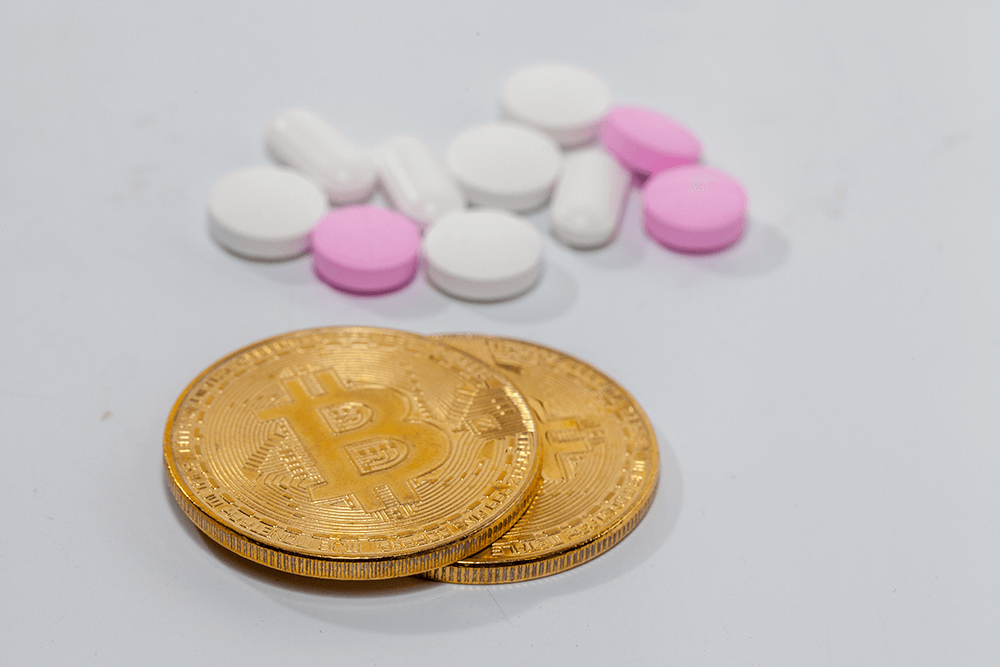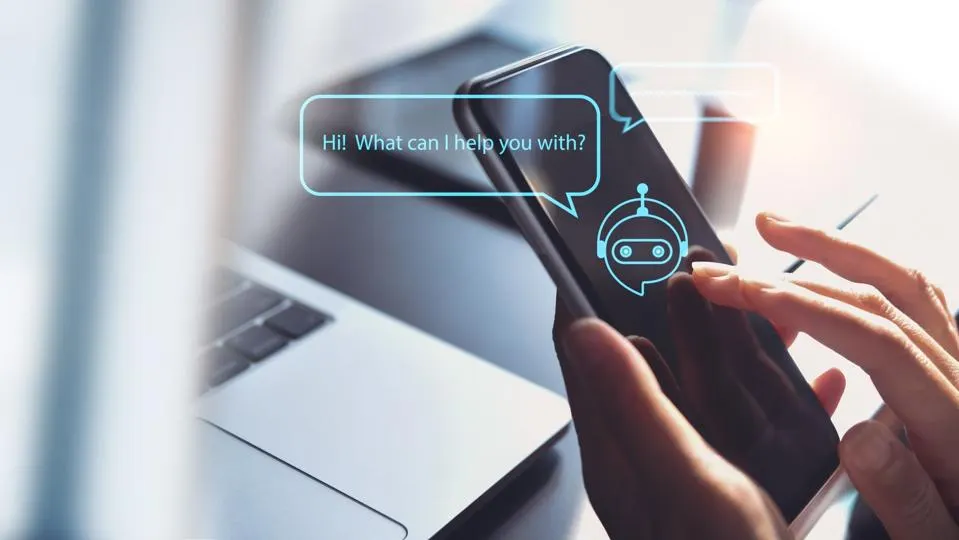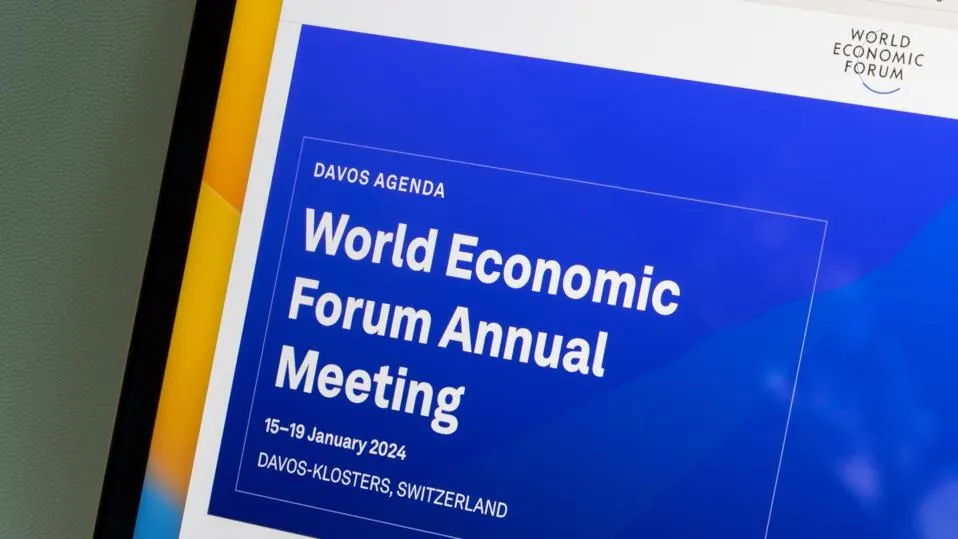This Is Why Blockchains Will Transform Healthcare
2 July 2021
The blockchain revolution has made its way to the healthcare industry, and it’s only the beginning of what’s possible. Healthcare Rallies for Blockchain, a study from IBM, found that 16% of surveyed healthcare executives had solid plans to implement a commercial blockchain solution this year, while 56% expected to by 2020. Healthcare companies, tech innovators and the rest of the healthcare industry are grappling with what’s possible now and what blockchain could solve in the future.

The overall vision for blockchain to disrupt healthcare in the future would be to solve many issues that plague the industry today to create a common database of health information that doctors and providers could access no matter what electronic medical system they used, higher security and privacy, less admin time for doctors so there’s more time to spend on patient care, and even better sharing of research results to facilitate new drug and treatment therapies for disease.
What is blockchain?
While blockchain principles were first applied in the financial world as the technology that allowed Bitcoin to operate, it has applications for many industries including healthcare. Blockchains are distributed systems that log transaction records on linked blocks and store them on an encrypted digital ledger. There is no one central administrator, but it has unprecedented security benefits because records are spread across a network of replicated databases that are always in sync. Users can only update the block they have access to, and those updates get replicated across the network. All entries are time and date stamped.
What are potential uses of blockchains in healthcare?
Although there are some incredibly exciting ways blockchains can enhance healthcare operations, it won’t be a cure-all for the industry today, but it would certainly be a step in the right direction. The healthcare industry is drowning in data—clinical trials, patient medical records, complex billing, medical research and more. Adoption and implementation of blockchains will be an evolution over time as blockchains applications are vetted and adopted as well as the industry coming together to determine collaboration and governance issues. As it always is with new technology, the full possibilities of what may transpire in the future is unknown at this time. However, as quoted in a Wired article, “Now is probably the right time in our history to take a fresh approach to data sharing in health care,” says John Halamka, chief information officer at Boston-based Beth Israel Deaconess Medical centre.
Here are the most likely applications:
Medical Data Management
MedRec, one prototype using blockchains, is intended to improve electronical medical records and allow patients’ records to be accessed securely by any provider who needs it solving the waste of time, money and duplication in procedures, confusion and sometimes even life-threatening issue of records being distributed across many different facilities and providers. The goal with MedRec is to give patients and their providers one-stop access to their entire medical history across all providers they have ever seen. Additionally, if patients wish to grant access to their personal medical records to researchers, their data would be provided anonymously to be used in research which could make medical breakthroughs possible faster than they are now. This pioneer in the field shows the potential for how dramatically things could change in healthcare by deploying blockchains.
Drug Development and Supply Chain Integrity
Not only could blockchains facilitate new drug development by making patient results more widely accessible (if the patients give their permission), it could help reduce the counterfeit drug implications that currently cost pharmaceutical companies an estimated $200 billion in losses annually.
Claims and Billing Management
Medicare fraud caused more than $30 million in losses in the United States in 2016, and blockchain-based systems could help minimise it. In addition, it could reduce admin costs for billing by eliminating the need for intermediaries with automated activities and more efficient processing.
Medical Research
Centralising the results of clinical trials and patient outcomes for new treatment protocols can improve care and patient outcomes. Currently, with all the diverse and disconnected systems in play, there is no way for a human to process all the data that is generated and recorded in disparate systems for future treatment possibilities. Blockchains could provide the access to make medical innovation quicker.
Data Security
Between 2015-2016, 140 million patient records were breached according to Protenus Breach Barometer report. With the growth of connected devices and the Internet of Medical Things (IoMT), existing health IT architecture is struggling to keep systems secure. Blockchain solutions have the potential to be the infrastructure that is needed to keep health data private and secure while reaping the benefits of connected medical devices.
Although blockchain technology is currently changing the healthcare industry, keep in mind this is a marathon, not a sprint. Healthcare organisations and entities are testing and vetting how blockchains can better support their operations while future applications will inevitably be discovered along the way. It will be an fascinating process to watch.
Related Articles
How Generative AI Is Revolutionizing Customer Service
Customer service is proving to be one of the most popular applications of generative AI. But how exactly can generative AI aid customer service teams (without alienating customers)?[...]
Will Generative AI Help Us Solve The Climate Crisis (Or Will It Make It Worse)?
You might be surprised to learn that AI is already proving to be a powerful weapon in the fight against climate change.[...]
13 Ways Writers Should Embrace Generative AI
Generative AI is already being adopted in journalism to automate the creation of content, brainstorm ideas for features, create personalized news stories, and produce accompanying video content.[...]
12 New Jobs For The Generative AI Era
When any major new technology grabs the headlines, talk quickly turns to jobs. And so it is with generative AI.[...]
AI Everywhere: The Unmissable Highlights From Davos 2024
This year's World Economic Forum Annual Meeting in Davos was a testament to the growing prominence of artificial intelligence (AI) in our world.[...]
Harnessing AI’s Full Potential: 5 Adoption Essentials For Enterprise Success
Anyone paying attention to business and technology knows that AI is already driving seismic waves of change in industry and day-to-day life.[...]
Sign up to Stay in Touch!
Bernard Marr is a world-renowned futurist, influencer and thought leader in the fields of business and technology, with a passion for using technology for the good of humanity.
He is a best-selling author of over 20 books, writes a regular column for Forbes and advises and coaches many of the world’s best-known organisations.
He has a combined following of 4 million people across his social media channels and newsletters and was ranked by LinkedIn as one of the top 5 business influencers in the world.
Bernard’s latest book is ‘Generative AI in Practice’.










Social Media